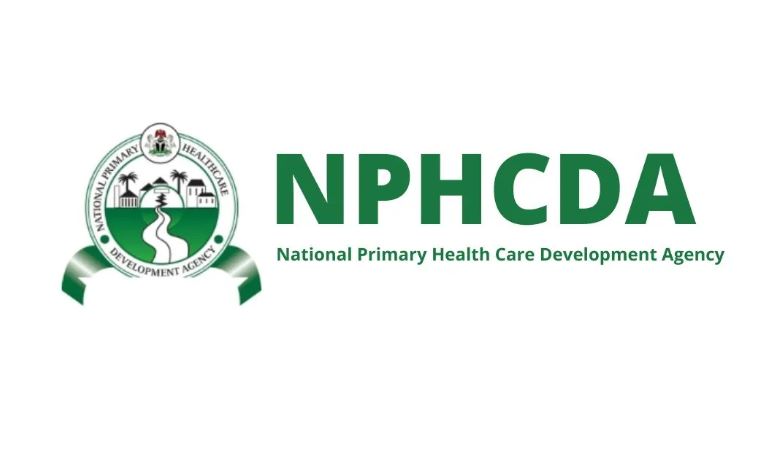By Iyemah David
The National Primary Health Care Development Agency (NPHCDA) has announced that more than 14 million Nigerian girls have been protected through the ongoing Human Papillomavirus (HPV) vaccination campaign.
The NPHCDA said that this marked a major milestone in Nigeria’s public health efforts.
The Director of Disease Control and Immunisation, NPHCDA, Dr Ahmed Garba, disclosed this on Wednesday during a panel session with the theme, “Accelerating Cervical Cancer Elimination in Nigeria, From Policy to Practice.”
He reflected on key lessons from the HPV rollout, underlining the importance of localised engagement and data-driven interventions.
“We have realised that success depends on doing things differently and learning from past challenges,” he said.
Dr Garba cited the role of digital tools, including artificial intelligence models like GPT, in refining operational strategies.
The director acknowledged the complexities involved in reaching remote and underserved communities, particularly in regions like the South-East, where logistical and socio-cultural barriers had hindered access.
“It was a tough one, but we learnt,” he said.
Dr Garba noted how past experiences, such as with the High-Performance Engagement (HPE) model, had informed broader organisational shifts at NPHCDA.
He expressed pride in the programme’s impact, “One thing that keeps me up at night is that we are able to protect 14 million girls, and that is something we should all be proud of in Nigeria,” he said.
He acknowledged ongoing challenges, especially for girls from low-income backgrounds, who remained unreached.
According to him, this is due to limited vaccine education, socio-economic barriers, and systemic health infrastructure gaps.
“There is no vaccine if there is no access,” he said.
The director called for stronger collaboration with health insurance providers, improved public awareness, and expanded infrastructure for cervical cancer screening and prevention.
He said that HPV vaccination must be mainstreamed into all health interventions and policy frameworks.
“Whether it is a business or media campaigns, HPV must be part of it,” he said.
He appealed for sustained support from development partners, local stakeholders, and the private sector.
“We hope that this partnership we have established will continue and strengthen, not just for HPV, but for all immunisation efforts in Nigeria.”
Also speaking, Dr Morires Atiko, Chief Executive Officer of the African Business Coalition for Health, stressed the critical role of inclusive stakeholder engagement and called attention to the gender dimensions of cervical cancer.
“This is a gender-centric disease, yet we often see low female representation in key decision-making forums. More women need to speak up and take ownership of this fight,” she said.
Dr Atiko urged for clarity in messaging to attract and retain private sector interest, particularly in non-medical industries like oil and gas, telecoms, and manufacturing.
“For the private sector to invest, there must be a strong social case. We need to simplify the science and clarify the urgency, just as was done during COVID-19,” she said.
She also drew parallels with how the business community mobilised during the pandemic.
Dr Atiko expressed concern over information gaps around HPV, particularly regarding its root cause, transmission, and prevention beyond the nine-year-old to 14-year-old demographic.
“We must be honest that HPV is a virus often carried by men. Educating girls is important, but men must also be part of the narrative,” she added.
Atiko, therefore, called for stronger messaging, gender-balanced advocacy, and support for research to address cervical cancer in sexually active women and older age groups.




